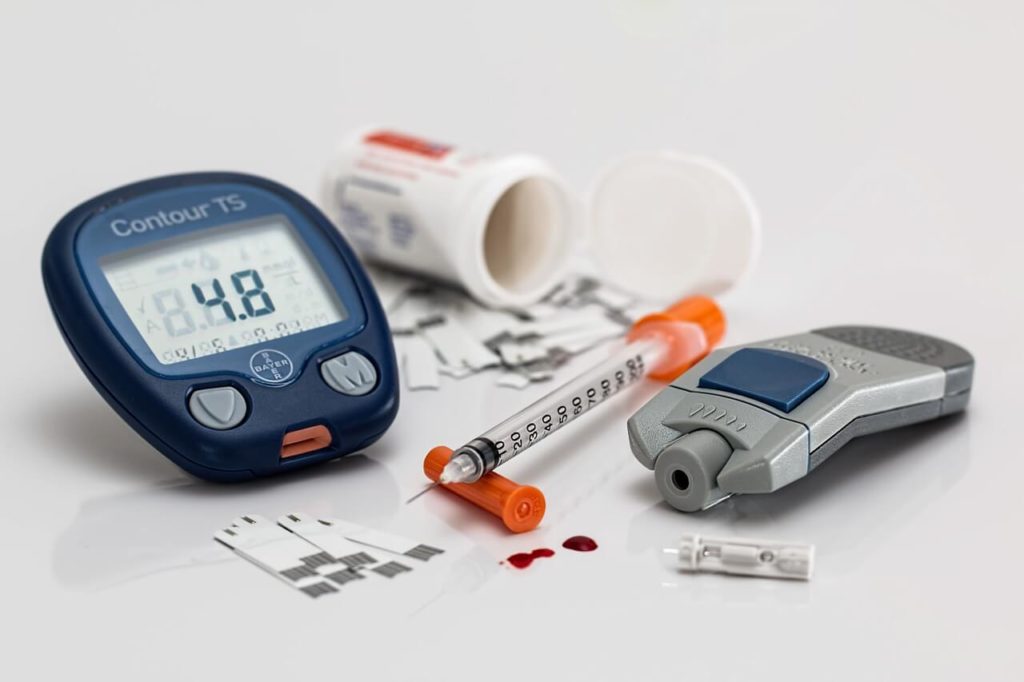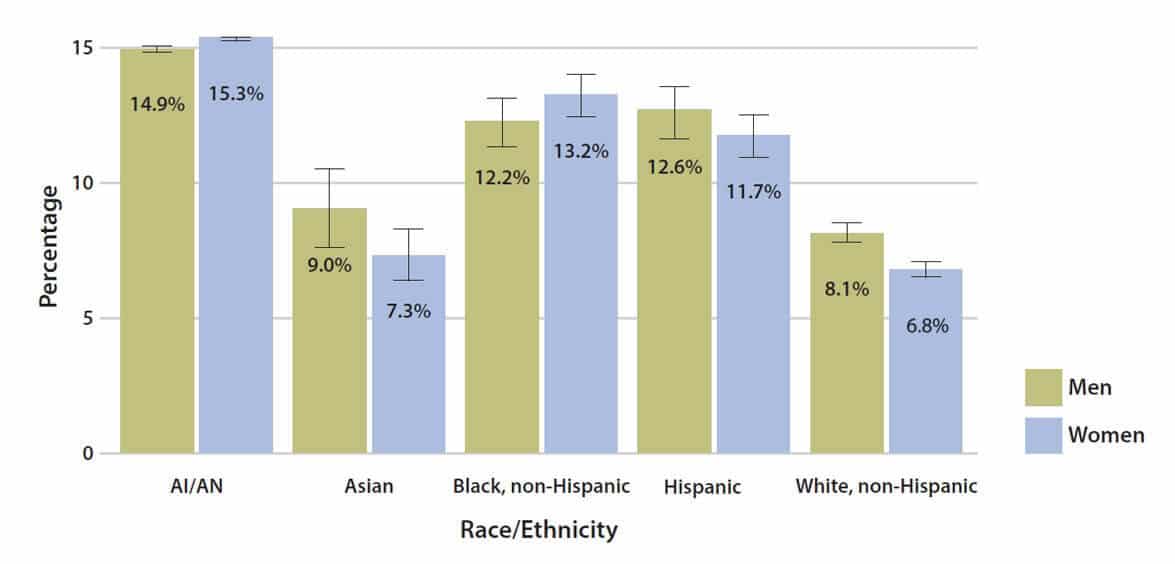
Today is the American Diabetes Association Alert Day. If you have or know someone with diabetes, today is day to raise awareness. If you don’t know much about diabetes, today is the day to learn.
What is diabetes?
Diabetes (or hyperglycemia) causes high levels of glucose in your body. Usually, healthy glucose (the sugars we derive from food) levels indicate that your pancreas are releasing adequate insulin levels. Insulin (produced by your pancreas) signal your cells to use glucose for energy. But when you have diabetes, your body cannot maintain healthy glucose levels due to an imbalance. That imbalance will be different and require different treatment depending on the type of diabetes you have. Type 1 and type 2 are the most forms of diabetes, but are not the only ones.
Type 2 diabetes is the most common type and occurs when the pancreas produces insulin, but the body is unable to use is correctly.
Type 1 diabetes is an autoimmune condition that prevents the pancreas from producing insulin.
Myths and Facts
Like any medical condition, there are plenty of misunderstandings and perpetual myths that circulate misinformation.
- Myth: Type 1 diabetes only affects children
False. Type 1 can affect anyone and is not dictated by age. In America, about 1.25 million children and adults have Type 1 which is about 5% of all cases of diabetes.
- Myth: All diabetics are overweight and all overweight people are diabetic.
False. While obesity and diet can aggravate diabetes is some cases, they aren’t mutually exclusive. Severe obesity can put you at a higher risk of developing certain health conditions, including Type 2 diabetes. However, diabetes is a group of types of the same disease, some of which are caused by genetic mutations and not by weight.
- Myth: Diabetes has no cure.
This one is actually true. There is no known cure at the moment. However, having diabetes doesn’t mean you can’t live a healthy life. Today, there are better treatments and healthcare knowledge that enables people with diabetes to live as they normally would (with some precautions, of course). Many people with diabetes can and do maintain healthy lives with proper care. As long you maintain a (doctor approved) insulin regimen, diet & exercise, and other levels (blood pressure, cholesterol, etc), you can prevent diabetes complications.
Current Insights
Today, a booming population can only mean more cases. From 1988 to 2012, the US population rose from 244.5 million to 313.99 million and diabetes diagnoses increased by 382%. The CDC reports more than 100 million Americans have prediabetes or diabetes (as of 2015, 30.0 million have diabetes). Alarmingly, this data only indicates the rate of diagnosis, not including people who don’t know they have diabetes.
Scientists note there is an alarmingly high rate of new Type 1 diagnoses, but the real cause remains unknown. Australian women are more frequently diagnosed with gestational diabetes than women in other countries. At first glance, it might seem there’s something wrong in Australia. However, a good analyst will consider all contexts: changes in diagnostic criteria, healthcare accessibility, average age of women giving birth, obesity, and even better documentation will change the data set. These data insights are all crucial parts of improving diagnosis and treatment in the long run. Because with more data, scientists and medical professionals are able to hone in on better and more accurate diagnoses.
The future?
There are still improvements and discoveries being made as we speak. Better data analytics, like AI and machine learning, are applied to big data sets for deeper understanding of glucose activity. And as health technology continues to push forward, data sharing could be the next step diabetics can benefit from. Scientists and health experts continue to collect data to find effective solutions.
Understand the risks and symptoms to help yourself and your loved ones. Get screened and raise some awareness.
For more information, visit the American Diabetes Association online. Learn about diabetes, join the community, learn recipes, etc, or donate.

